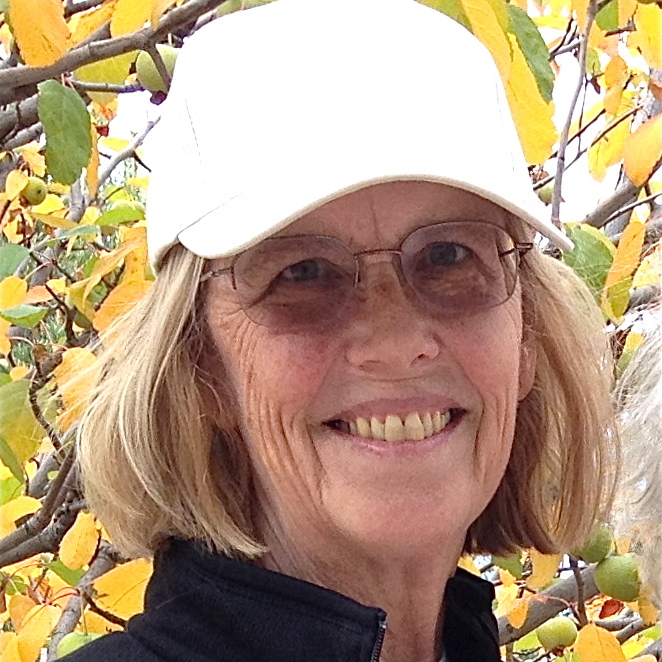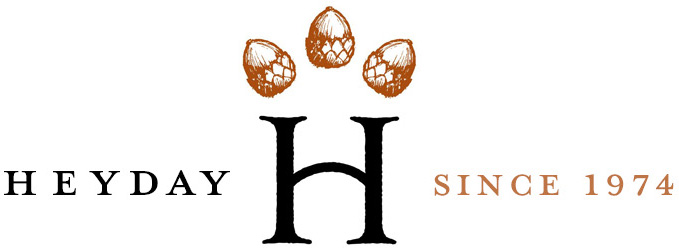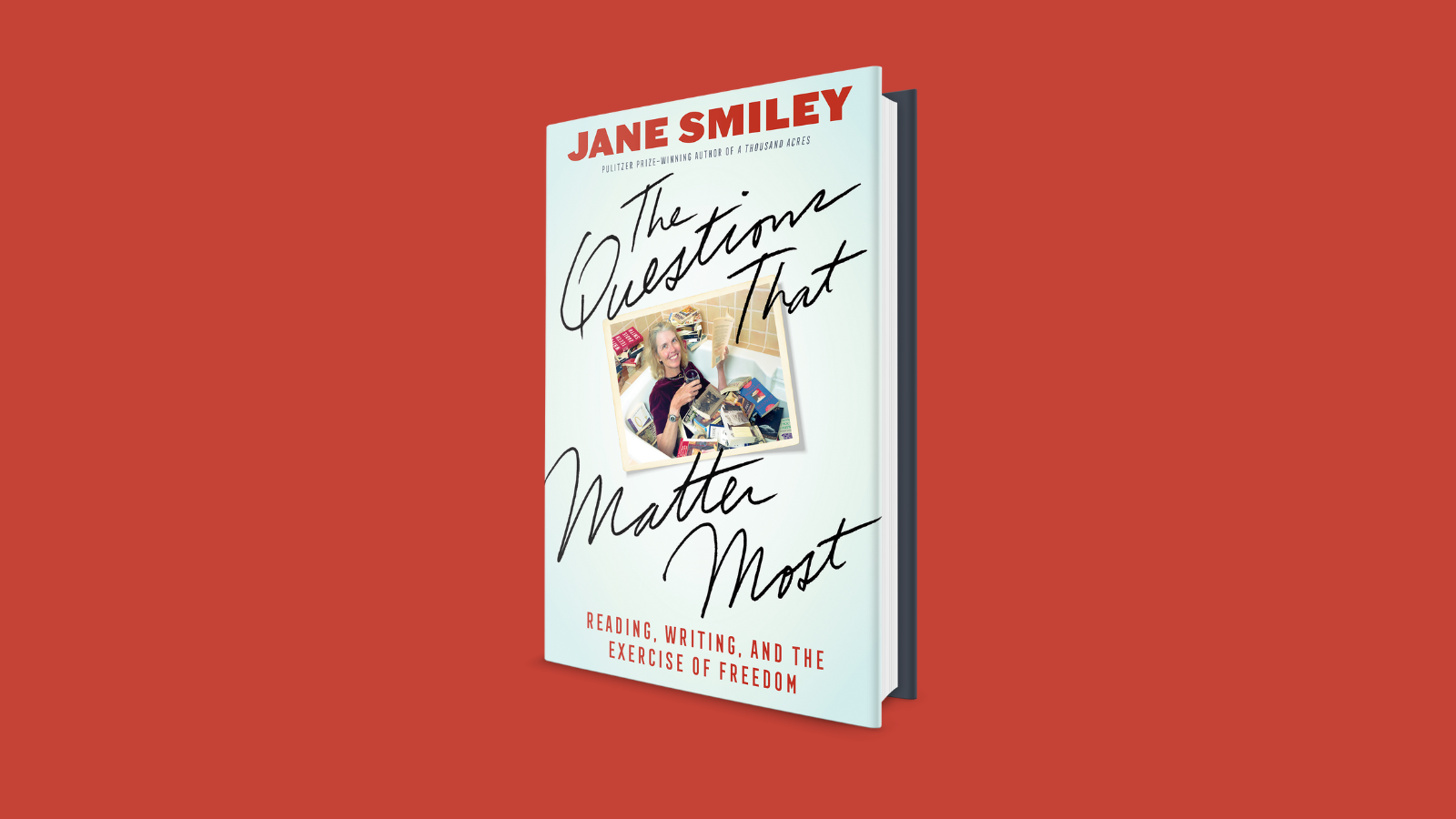FOR IMMEDIATE RELEASE
Pulitzer Prize-Winning Author Jane Smiley Unearths Valuable Lessons in Life and Writing in A New Summer Must-Read
The Questions that Matter Most, debuting June 2023 from Heyday Books, presents Smiley’s first literary nonfiction collection since 2005’s best-selling Thirteen Ways of Looking at the Novel
BERKELEY, CALIF. — When it comes to writing—what questions matter most? From Dickens to Kafka and beyond, The Questions that Matter Most: Reading, Writing, and the Exercise of Freedom gathers 18 of bestselling novelist Jane Smiley’s most penetrating works for the New Yorker, the Atlantic, the Los Angeles Times, and other outlets, as well as three new essays original to this book that assess the empathic, liberating power of the written word.
In this volume, Smiley’s analytical terrain is capacious: She explores ancient Icelandic sagas; the paucity of maternal voices in literature; the radical muckraking of Jessica Mitford; child development vis-à-vis Little Women; dogged questions of virtue; the racial pitfalls of Mark Twain and the redemptive voice of Harriet Beecher Stowe—among myriad other concerns. Woven throughout are personal reflections on her own upbringing and identity and their influence on her writerly outlook.
Taken together, these meditations provoke the central tension of any reader’s experience, namely: What happens when the theory that a reader brings to a book rubs up against their sense of the world? And when those worlds collide, will the reader submit to prevailing narratives or resist?
“The entire time you are reading any novel, you are experiencing freedom and autonomy, and this is a political experience,” says Smiley, “You are also experiencing either agreement with the author or disagreement, and this is a political experience, too.”
Ultimately The Questions that Matter Most reveals that, like life, writing and reading are rooted in voluntary acts of connection—and that it remains critically important to remain ever-open to the intimacy, empathy, and unexpected turns that such an exercise entails.
Media Contact:
Kalie Caetano
Marketing & Publicity Manager
For review copies, feature interest, and interview and image requests, get in touch: publicity@heydaybooks.com

Jane Smiley was born in Los Angeles. Her novel A Thousand Acres won the Pulitzer Prize and the National Book Critics Circle Award in 1992, and her novel The All-True Travels and Adventures of Lidie Newton won the 1999 Spur Award for Best Novel of the West. Her novel Horse Heaven was short-listed for the Orange Prize in 2002, and her novel Some Luck was longlisted for the 2014 National Book Award. She has been a member of the American Academy of Arts and Letters since 1987 and has written for numerous magazines and newspapers, including the New Yorker, the New York Times, Harper’s, and the Nation. Her most recent novel, A Dangerous Business, was published in 2022. She lives in Carmel Valley, California.
A Q&A with Jane Smiley, author of The Questions That Matter Most
You are best known as a novelist, yet you’ve steadily written essays about authors and issues that matter. What especially attracts you to the essay?
As people know who’ve read Thirteen Ways of Looking at the Novel, I believe that the novel is essentially political and has to be political because as the author portrays a culture (even a small one), he or she has to have a theory about that culture and its faults and virtues. I have had feelings and ideas about issues ever since ninth grade, when my history teacher told me why he disapproved of Barry Goldwater. And it’s also true that when I was in college, politics was front and center for my generation. But the politics in a novel can’t be strident or even, in some ways, open. Although some novelists, like Charles Dickens, have been openly reformist and others, like Jane Austen, have been more subtle, it is always in the structure and choices of a novel. Once I began being asked to write essays, I used the opportunity to express my opinions, knowing that they might be controversial for some readers, but that it was important to support some causes and critique others. I enjoy both fiction and nonfiction, but fiction is my first love, and nonfiction is, in some sense, my attempt at learning.
Is there any such thing as the Great California Novel? And if so, is it aspirational or has it been written?
I wonder if the Great California Novel is even possible, given how different, both socially and geographically, all the regions of the state are. If I were writing about social diversity, I would set my GCN novel in Riverside County. If I were writing eco-history, I would set it in the Sierras. If I was exploring touchy political issues, I would begin by exploring several Native American tribes in California, and follow them through the nineteenth century as they are conquered and decimated by the invaders. If I wanted to write a great but hopeful California novel, I would write a sci-fi novel in which liberalism in California spreads east like a virus and saves our country.
Do you have any advice for writers just starting out at a time when the traditional literary canon is being challenged?
The literary canon is always being challenged, which is a good thing. When I was a young female writer, there was nothing I wanted more than to get rid of the Norman Mailer generation. It’s always time for young writers to critique their elders (even the ones they enjoy) and set out to express their own ways of thinking—that is what keeps literature alive. And keeping literature alive is important, because literature asks us to see things in empathetic and complex ways and to learn and feel pleasure at the same time.


